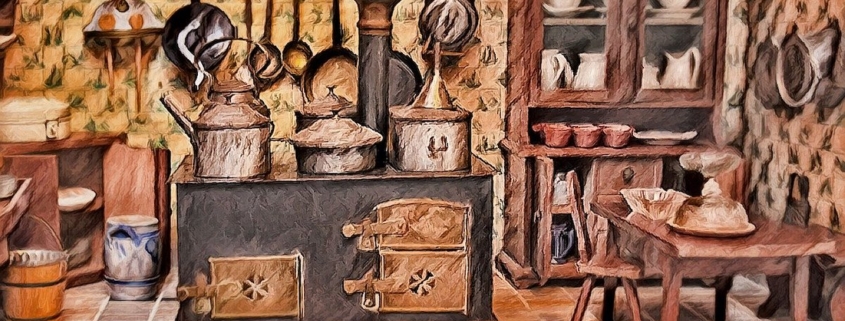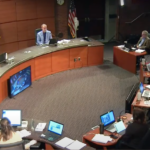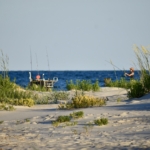Cary History: Finding Food Long Before COVID-19
Cary, NC — While we are all quarantined, it is good to remember what folks had to do to get food and cook it in the old days. Hard work, even if it did not cost anything.
Fred Seeger:
“Behind where Maynard Road crosses Chapel Hill Road, it was all woods. When I was a boy, we would go hunting there, squirrels, rabbits, or to find a Christmas tree. It was plenty far back in the woods.”
Billy Rogers:
“My grandfather was a tenant farmer in Fuquay, and was known for training bird dogs. Everybody was a hunter back then. He would shoot quail, and the dogs would go out and retrieve them for him. He’d put them in his hunting jacket pockets.”
Ruth Fox:
“The parents of my second-grade students appreciated the teachers so much. At that time, many of them lived way out in the country, near the airport. Little boys had rabbit boxes they put out in the woods to catch rabbits. Their mothers would send them in to me already dressed. In the cold weather, we’d put them out on the window ledge to keep them cool. They would send me homemade butter and big collards that they brought in on the bus.”
Robert Heater:
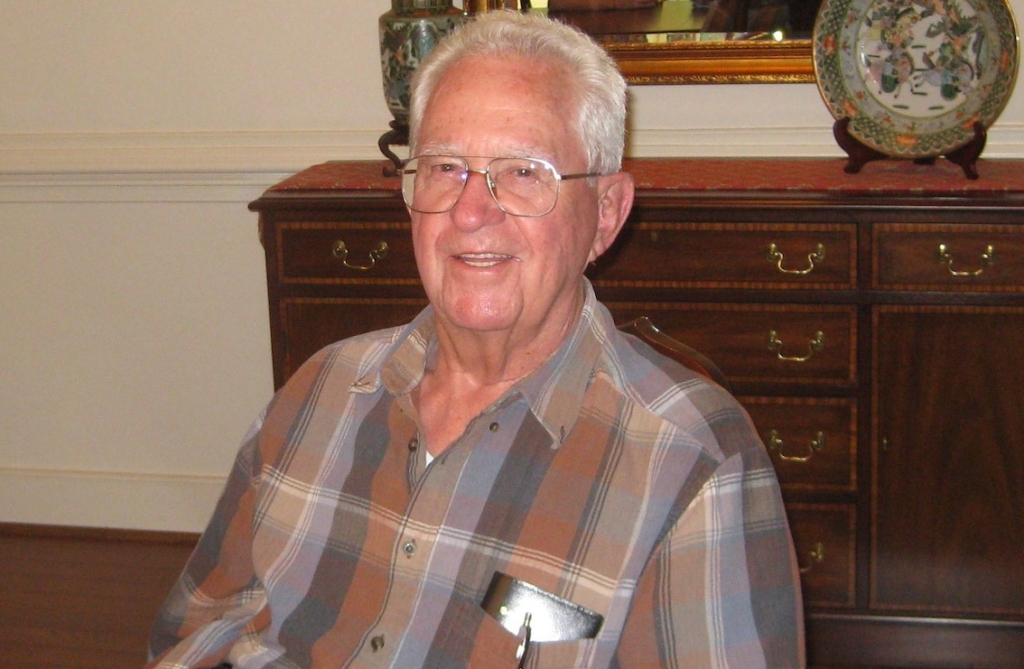
“When we were boys, during hunting season we would walk behind the house at Dry and Harrison and start hunting through the woods. I killed my first wild animal there. Downed a rabbit. I borrowed a shotgun, both barrels went off, liked to knock me down.
We would get quail, too. During World War II, when food was rationed, we built the cannery at the high school. Everyone grew a garden, and brought their produce to the cannery to preserve it in cans.”
Emma Lou Johnson:
“My mother-in-law raised everything she ate, from chickens to eggs, hogs, and all the vegetables. She cooked on an old wood stove. She would get up, go outside, get a chicken, kill it, cut its neck, hang it on the clothesline and let it bleed, dip it in hot water and
pick it, cut it up, soak it in saltwater, fry it, and put on the table.”
Mary Belle Phillips:
“We cooked on a wood stove, and that heated up the house when we were cooking, even in the summertime. We had to cut the firewood for the stove. Finally, we got an oil stove. That was the most wonderful thing. We didn’t have any refrigeration at all until 1922, when we bought an icebox. An iceman came every day to deliver a big block of ice that he put right in the icebox.”
Margaret Travis:
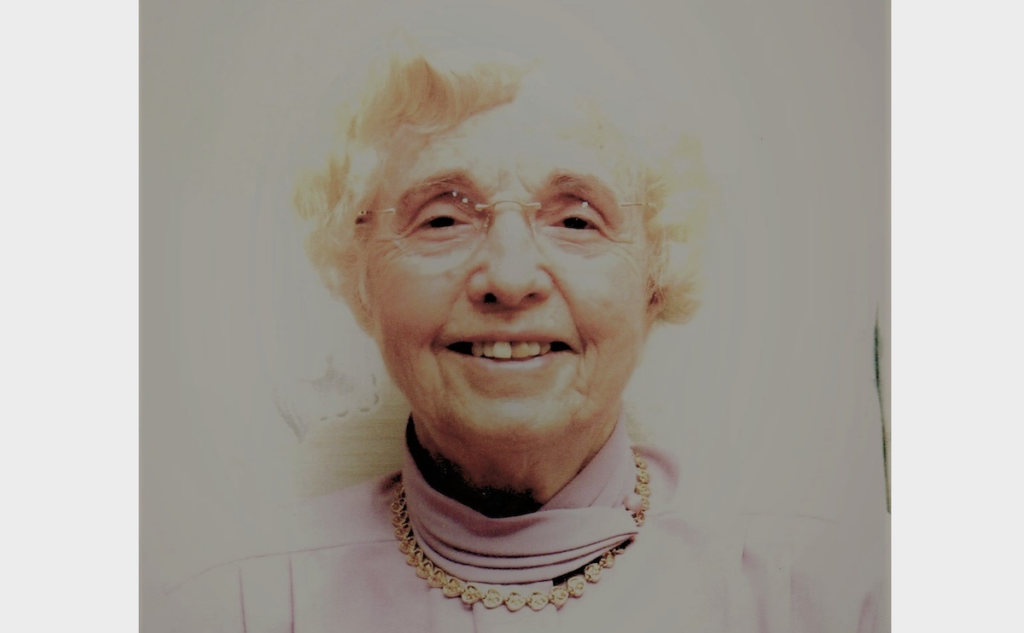
“My widowed father married my mother and she took over raising his first six children. Then they had two more together. She was a marvelous cook, providing meals for all of us. It took hard work, planting that big garden to feed us.”
Clyde Evans Jr.:
“We raised cane and made our own molasses. We had a grinder, pulled by a horse. We grew corn, collards, white and sweet potatoes, onions, everything. We preserved the white potatoes and onions under the house in a cellar. We dehydrated apples and peaches on the roof. We made locust wine and our own sauerkraut. We’d kill a hog, put all the meat in the smokehouse.”
Story and interviewee photos courtesy of Peggy Van Scoyoc. Featured image by Ray Shrewsberry.
Much of the Cary’s History column is taken from the book, Just a Horse-Stopping Place, an Oral History of Cary, North Carolina, published in August, 2006. The book is a collection of oral history interviews conducted between local citizens and Friends of the Page-Walker Hotel. The rest comes from later oral history interviews with local citizens.

